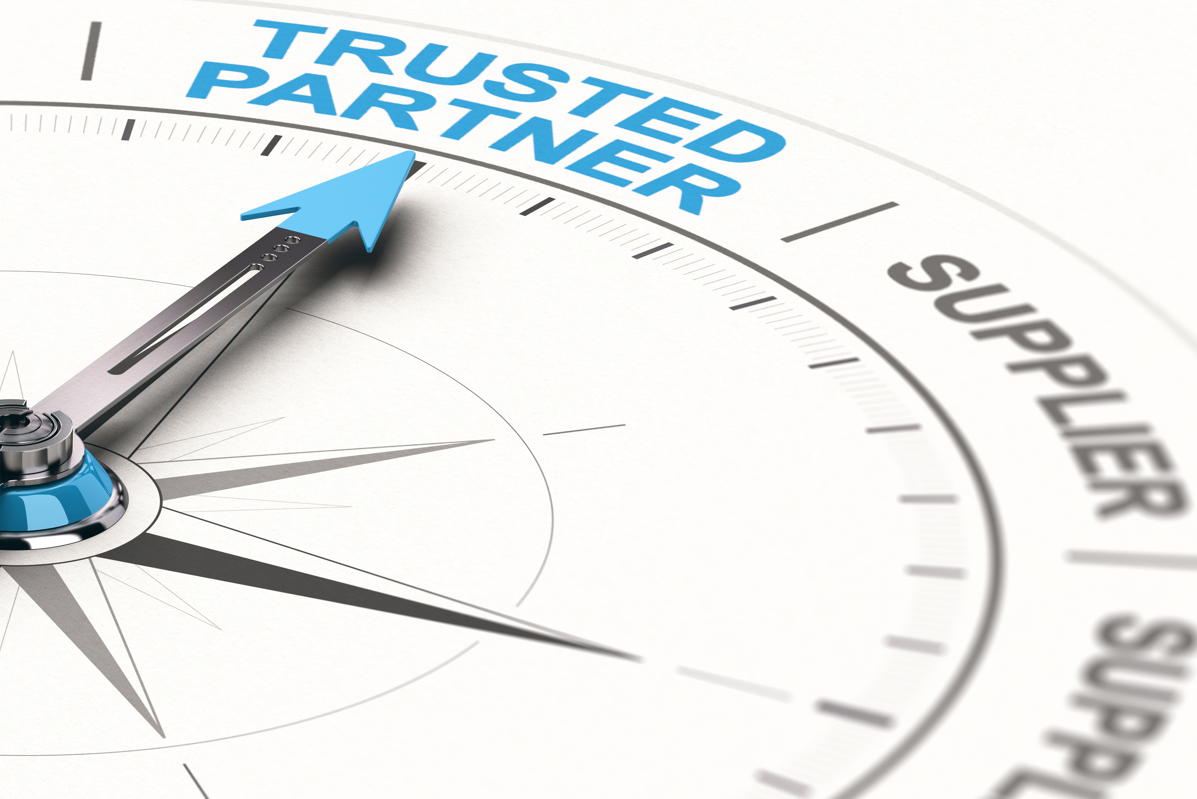Things have changed. Yes, I know that’s obvious. But as I think about the past year, I’ve been struck by how much things have changed. A year ago I couldn’t imagine wearing a mask as a natural part of my day. A year ago, I couldn’t have imagined virtual meetings and conferences as the norm. A year ago, I couldn’t imagine the impact one virus could have on how we do business. Now I can.
One of the most significant changes, I believe, is how we work with one another. I haven’t attended an industry conference, made an on-site sales call, or introduced myself with a handshake and a smile in nearly a year. That means I’ve had to rely on technology to establish a personal connection with prospective clients and vendors. Increased reliance on technology means we’ve lost the personal touch as we establish new relationships.
While I’m certain I’ll be able to go back to in-person meetings at some point in 2021, I’m convinced the time is now to examine the way we (net)work with one another. The relationships we’re cultivating now won’t simply morph into normal business relationships once masks are no longer required and handshakes instead of elbow bumps are the norm. How can we bridge the digital divide and connect in person is something we’re all going to need to address.
Trust & COVID
The pandemic is being called out for the significant decline in trust by the 2021 Edelman Trust Barometer. For more than 20 years, Edelman has studied trust, declaring it as “the ultimate currency in the relationship that all institutions build with their stakeholders.” Edelman considers trust to be the strongest insurance a brand has against customer indifference and competitors. If your customers don’t trust you, you have no credibility. The 2021 report notes government, NGOs, and the media are trusted less than they were in 2019. Only business has remained a trusted institution.
Perhaps the most compelling example of this is a current social media infographic from Children’s Healthcare of Atlanta, which addresses six facts about the COVID-19 vaccine. A brief read of the comments reveals the degree to which people have lost trust in science and government, choosing to believe discredited myths instead of the facts.
Trust in Business
On a macro level, COVID-19 abruptly introduced new work-from-home policies to thousands of companies. Overnight, managers and employees confronted a new paradigm. For companies that had invested in trust, the challenges they faced were more likely to deal with technology issues than personnel. For companies without trust, the challenge they faced was the need to control workers who were out of sight. Sales teams, however, faced a different set of challenges. Having worked out of the office as often as they worked in the office, the actions we took to meet and nurture leads relied more heavily on technology instead of meet-and-greets. Losing the personal touch means we need to reexamine our strategies.
Trust is Personal
My go-to method, like many sales professionals, has been to develop leads through personal networking. We are experts in developing personal relationships within an industry. The larger our network, the more value we brought to our company.
Over the course of the past year, I’ve realized that networking has changed. Developing personal relationships has become less about introductions and more about integrity, direct referrals, and personal trust. Before COVID, I could rely on subtle micro clues in expression and body language when I met someone new to determine if they were likely to be trustworthy. Now, technology has put a digital veil between us.
On Zoom calls and Google Hangouts, the casual chatter before a meeting is more limited. “How are you?” addressed to a group in the same room benefits from eye contact to signal who should answer. Asked on a Zoom call, odds are you’ll either have no one or everyone trying to answer. Invariably, it’s all cut short when the session leader gets down to business. Without the chances to make idle conversation, forging new relationships means moving past the “getting-to-know-you” stage and getting straight to delivering on promises. The slow development of a relationship based on a series of personal meetings now depends on proving our integrity and delivering proven results based on data.
I’d love to hear your thoughts on how networking and trust has changed for you.






